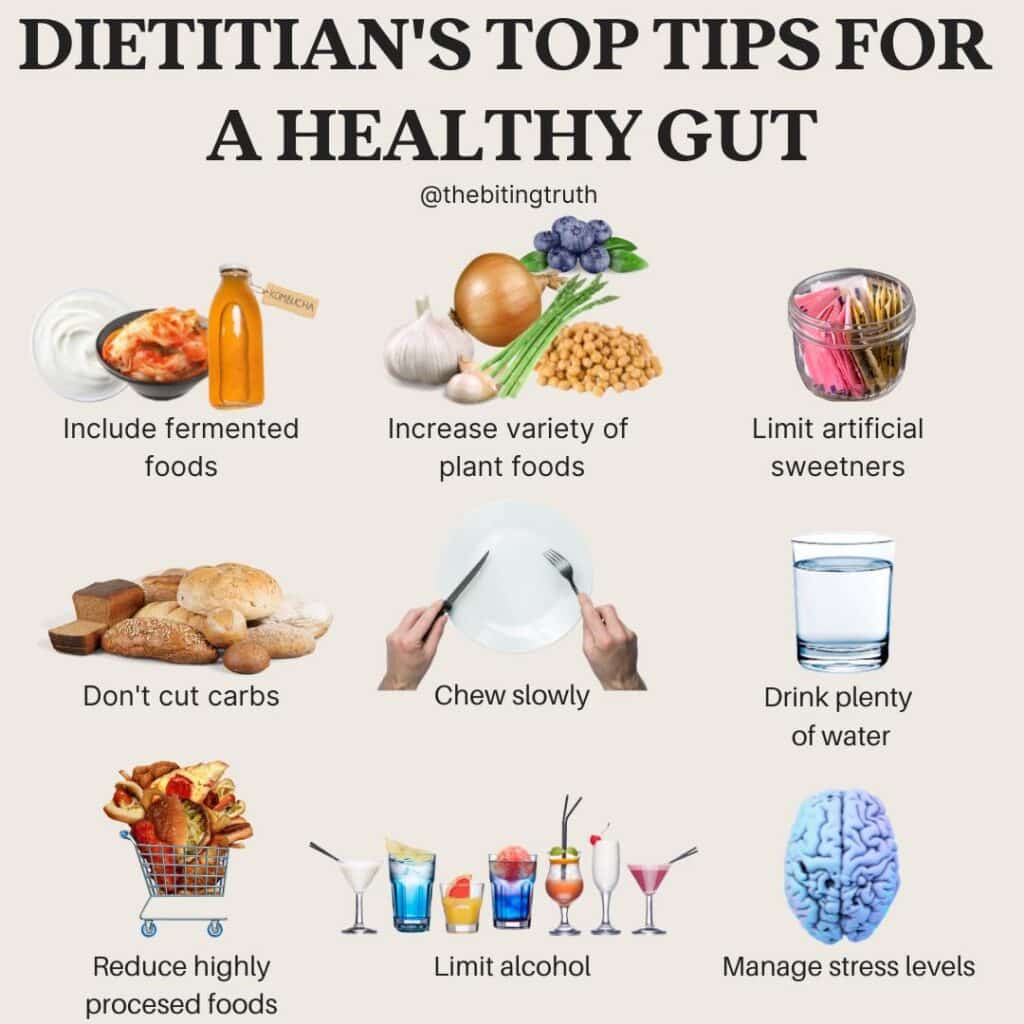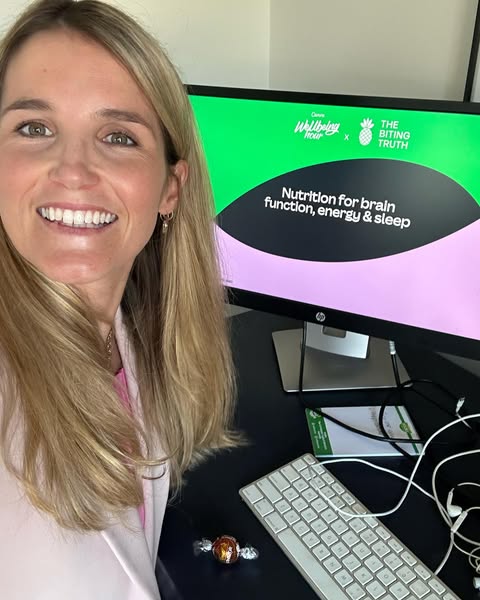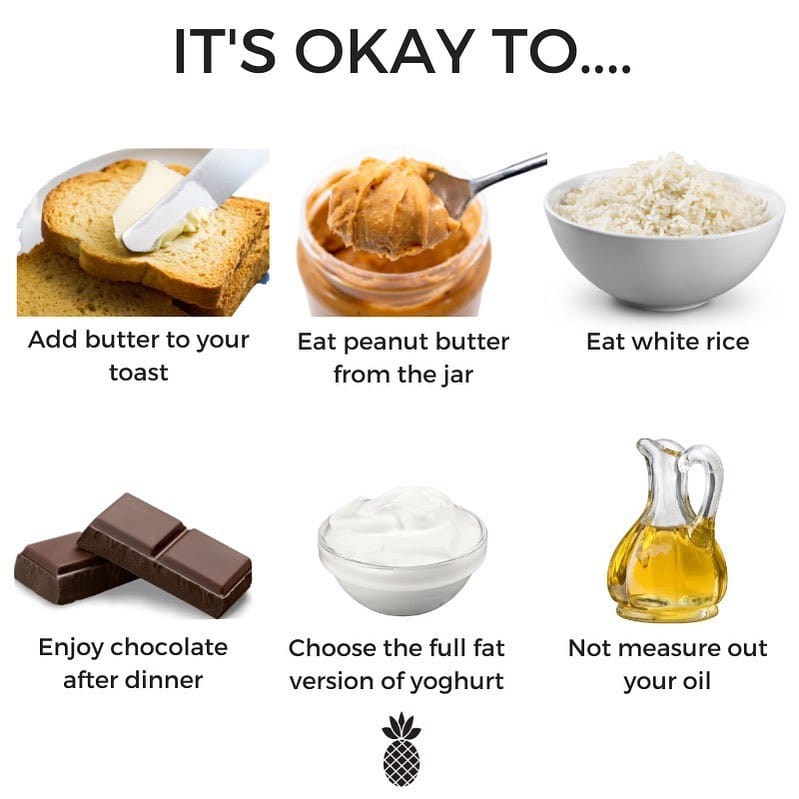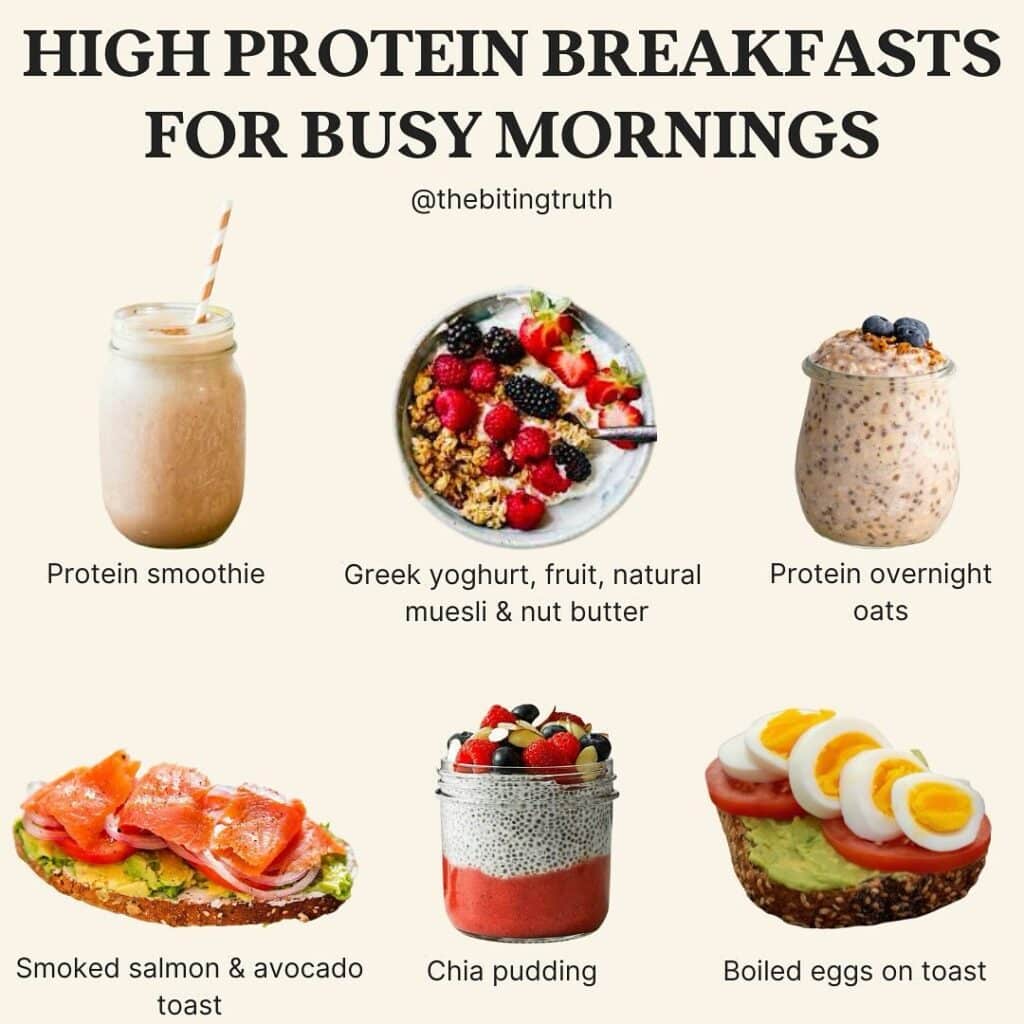Free shipping for orders over $80
Free shipping for orders over $80
Feeling bloated?
Most people experience some degree of bloating and it’s completely normal. Our guts are like a balloon, they expand and deflate when we ingest foods and liquids. Our body also naturally fluctuates to metabolise all the things we eat.
Bloating is a topic that falls victim to many whacky quick fixes (hello apple cider vinegar shots) that promise to cure it. But bloating is not all your food’s fault. It is often easy to blame what we eat for gut issues, however, bloating can be just as much about our lifestyle and how we eat – not just what we eat.
There are many causes of bloating but here are the 6 most common causes and strategies to help beat the bloat.
With busy schedules and time constraints, it can be tempting to scoff down a lunch meal while sitting in front of your computer. But eating too quickly can affect how well you digest your food. Food that is not properly broken down can cause increased fermentation in the gut which can result in bloating. Chewing slowly also means you give your body more time to register fullness and therefore you are less likely to overeat.
The fix:
When it comes to chewing your food, you want to try and aim for between 10 – 20 chews per mouthful. It might be useful for you to put your knife and fork down in between mouthfuls to encourage you to eat slowly and chew your food well.
Aside from eating too quickly, talking while eating, using a straw, consuming carbonated drinks (e.g soft drinks and soda water) and chewing gum can result in swallowing too much air, which can contribute to bloating.
The fix: Try chewing your food and swallowing before continuing conversations, replacing carbonated drinks with water and using mints to freshen your breath instead of chewing gum.
Stress can be a major contributor to the state of your digestive system. There are very deep and complex connections between your brain and your gut.
The fix: There are many strategies to help manage stress – consider writing out a list of your favourite activities and focus on one each day – whether it’s meditating, exercise, calling a friend.
Constipation and bloating go hand-in-hand. If you’re not emptying your gut, there’s no room in your abdomen – and you’ll have excess bloating! The build up of fecal matter, and additional time for carbohydrates to ferment in the large bowel can mimic the pain and pressure of bloating.
The fix: There are a number of reasons why you might be constipated – medications or supplements, low levels of activity, stress or anxiety, changes in routine, pregnancy or ignoring the urge to go. To help relieve constipation consider looking at the amount of fibre in your diet. Wholegrain fibre can help add bulk to your poop, giving your gut muscles more to work with. Don’t forget to also ensure you’re drinking an adequate amount of water throughout the day!
Whilst fibre can help keep your gut healthy, consuming too much fibre too quickly can increase the amount of gas-producing bacteria in your gut that can contribute to bloating.
The fix: If you want to start eating more fibre, don’t add too much all at once! It takes time for your gut to get used to fibre. You need to slowly increase the amount of fibre in your diet, while also increasing your intake of probiotic containing foods and drinks as well as water.
A lack of movement can slow down your digestive system and increase your chances of constipation and bloating.
The fix: One way to ease bloating discomfort is to get moving. Although you might feel like taking a nap after a big meal, walk for 10 to 15 minutes instead. To minimise the amount of sitting, try a standing desk!
There are many possible reasons that may be causing you to feel bloated. Luckily there are also many simple lifestyle habits you can make to try and manage bloating.
If you try the above strategies and still experience painful bloating or if your gut symptoms are accompanied by unintended weight loss, blood in your poo, low blood iron levels or a family history of cervical or colon cancer, inflammatory bowel disease or coeliac disease, you should visit your GP to rule anything out.
—
Notes






